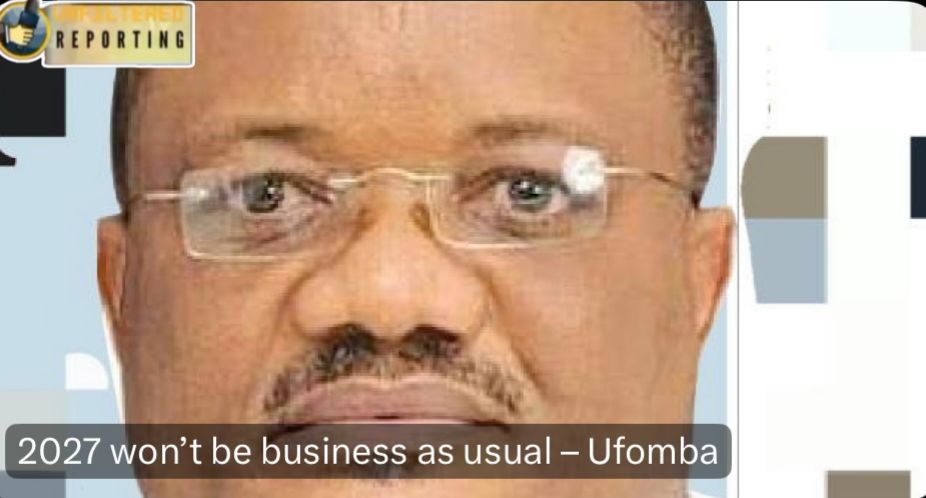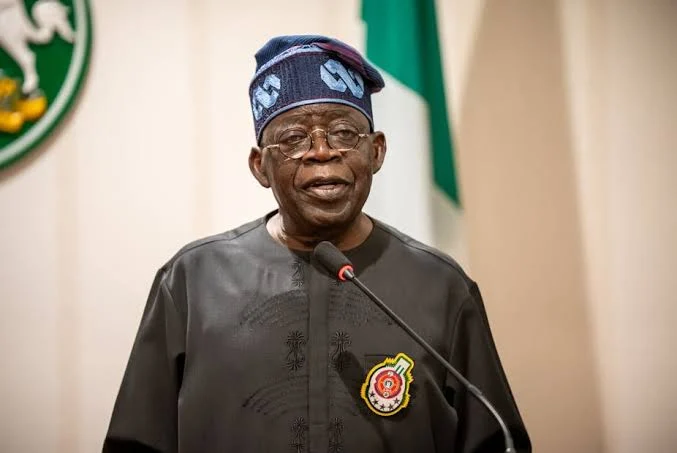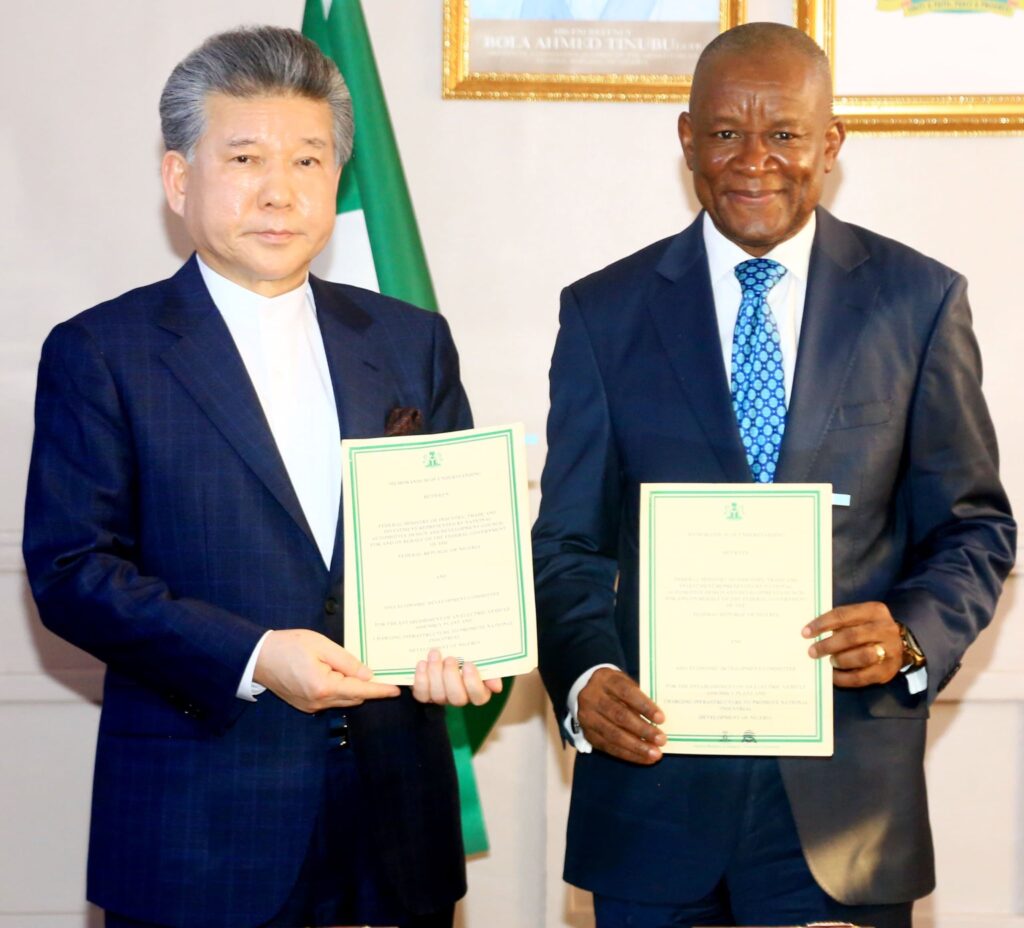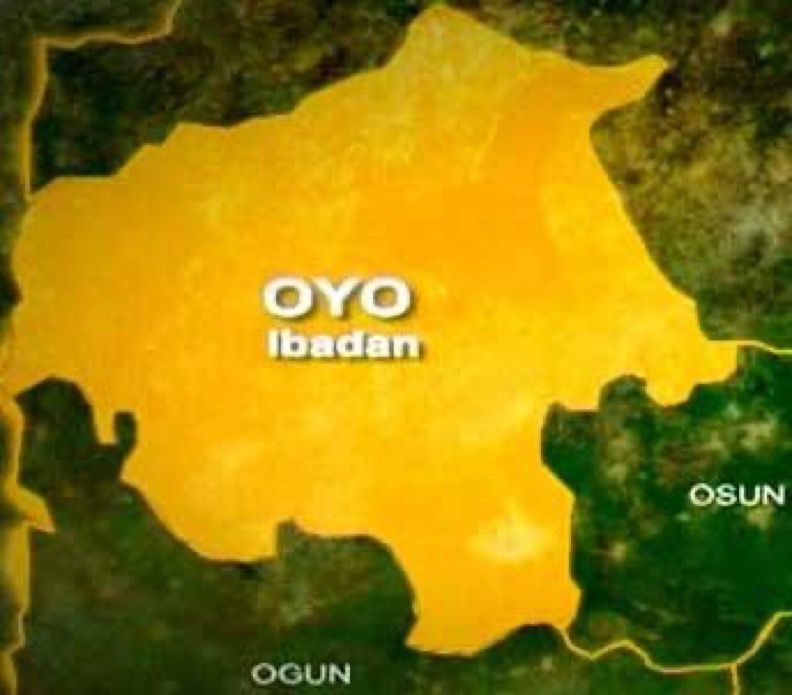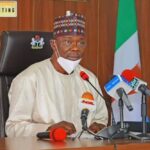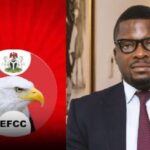Former Abia State governorship candidate and national convener of The Nigerian Project (TNP), Ochiagha Reagan Ufomba, has declared that the 2027 general elections will not be business as usual, stressing that Nigeria is at a turning point where entrenched political practices must give way to fresh ideas, accountability, and issue-based governance. Speaking in a recent interview, Ufomba said that his movement, TNP, has undergone a revival over the past year, reconnecting with grassroots structures across the country, activating polling-unit networks, and engaging young professionals, women, faith leaders and civil society groups in what he described as inclusive, issue-driven dialogues. He noted that unlike previous election cycles dominated by money politics and opportunistic alliances, TNP is committed to building partnerships strictly on principles and shared values. According to him, Nigeria can no longer afford a system where alliances are stitched together for convenience rather than the people’s interest, insisting that the coming election will demand a new approach. Ufomba outlined TNP’s policy agenda, describing Nigeria’s over-reliance on oil as a dangerous weakness that has left the economy vulnerable to external shocks. He said the movement’s economic framework is built on productivity, opportunity creation and regional trade expansion, with strong emphasis on agriculture, manufacturing, technology, and African Continental Free Trade Area (AfCFTA) opportunities. He maintained that the country’s future lies in building sustainable industries, empowering small businesses, and creating jobs rather than depending solely on oil revenues. On security, Ufomba noted that the nation’s challenges are multi-layered and require more than just military solutions. He called for greater investment in intelligence, training and welfare for security agencies, but also stressed the importance of addressing root causes such as poverty, marginalisation, and political grievances. Referring specifically to the South-East, he highlighted the detention of IPOB leader Nnamdi Kanu as an issue that demands legal and political resolution, adding that sustainable peace cannot be achieved through force alone. The politician insisted that 2027 will mark a critical departure from the past, as Nigerians are becoming more engaged and demanding greater accountability from leaders. He explained that TNP’s strategy is to strengthen institutions, promote transparent candidate selection processes, and avoid the politics of money and patronage that has long defined the system. Analysts, however, point out that the task ahead remains challenging, given the dominance of established parties and the entrenched nature of Nigeria’s patronage-driven political culture. Still, Ufomba maintained that his movement is laying the groundwork for a credible alternative by investing in grassroots mobilisation, leadership training and nationwide outreach. As political alignments and coalition talks intensify ahead of 2027, observers believe the next general election could prove to be one of the most fiercely contested in recent history. Civil society groups and opposition figures have also echoed similar warnings that the country is approaching a decisive moment, one that will either usher in a shift towards issue-based politics or further entrench the old order. For Ufomba and his movement, the mission is clear: to break the cycle of “business as usual” and usher in a new political culture capable of repositioning Nigeria for growth, peace, and prosperity.
